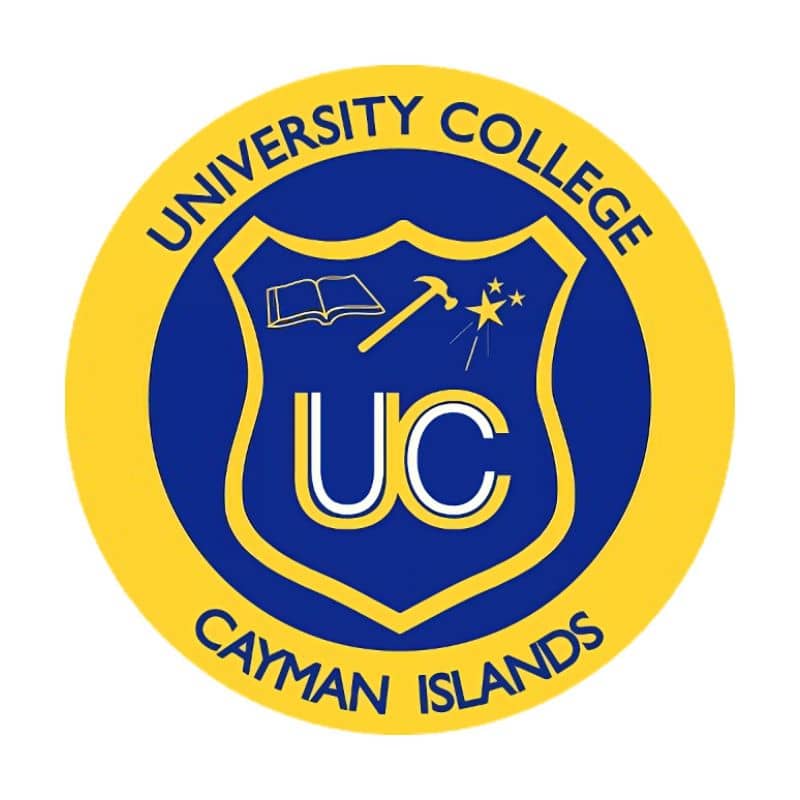This occasional newsletter highlights events and stories about innovation in sustainable development for rural, remote and island regions. We want to change the discourse to demonstrate how islandness can be a driver for innovation.
About University College Cayman Islands
The University College of the Cayman Islands is the national tertiary education institution established in 1975. It provides certificate, diploma, Associate, Bachelor and Master’s degrees. Today, UCCI has evolved into Cayman’s choice for comprehensive higher education, offering innovative programmes that prepare students for a lifetime of personal and professional success.
With the main campus located in George Town in Grand Cayman, the University currently enrolls approximately 2,000 students in four key faculties/divisions: Business, STEM & Health, Humanities, and Adult Learning and Continuing Education. UCCI’s satellite campus is located on Cayman Brac. Recently, UCCI has diversified and enhanced its programming to enhance workforce readiness and more effectively fulfill its role as a key economic driver in the Cayman Islands.




